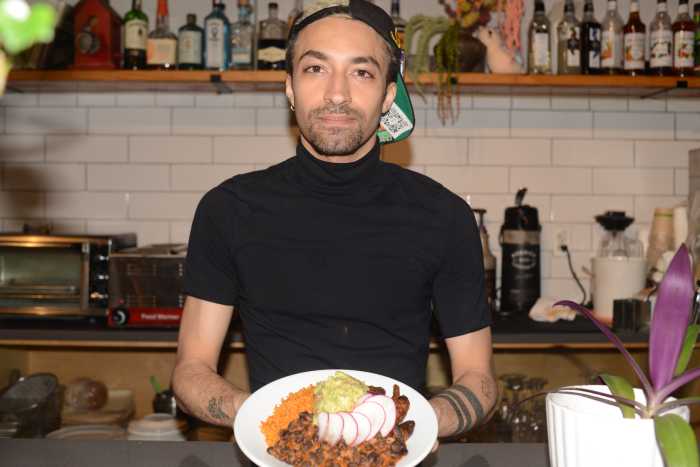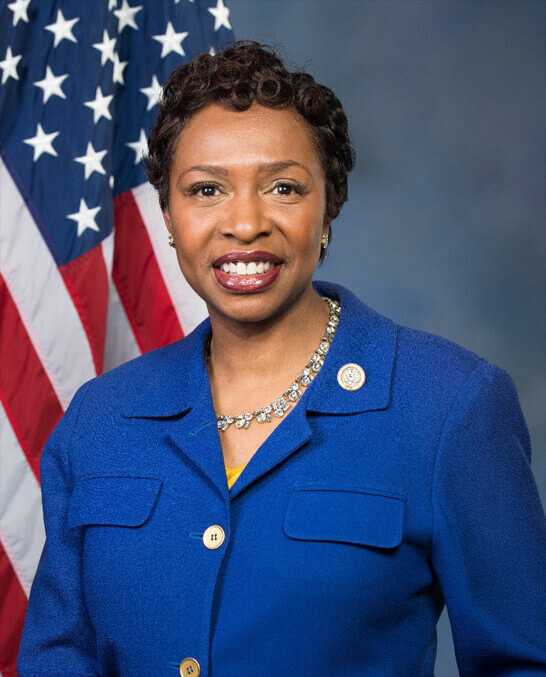BY KELLY COGSWELL | I admit it. Sometimes when the Dyke March rolls around again, and the committee starts asking the community for themes, I can’t remember a single lesbian issue. As if we don’t have any, and should cede our place to gay men, bi and trans folks, not to mention straight women.
And it’s true, our practical concerns exist at a peculiar intersection of misogyny, homophobia, and gender. Like other females, lesbians know what it’s like to get harassed by men on the street, face the demands for smiles, the anger when we refuse. Lesbians, though, often get an extra level of fury because when we refuse to go out with some asshole, talk to him, or grin, we’re seen as rejecting not just him, but his whole category. This is what leads to systematic waves of “corrective” rape.
And if we decide to fight back, if we happen to be dykes of color, maybe working class, well, that doesn’t work out so well either. In her new documentary film, “Out in the Night,” blair dorosh-walther describes how a group of African-American dykes were demonized when they responded with their own violence to an assault — by a black man — in New York’s West Village. The press called them a “Lesbian Wolf Pack.” The prosecutors were worse, and four of the group got huge sentences.
If they’d been guys fighting back, maybe it would have been laughed off as one more testosterone-laden encounter since the “victim” didn’t die. If they’d been straight women, white, a little further up the social pecking order, maybe they’d even have been applauded as brave.
You want to talk class? Sure, lesbians are right there as well. As women, we already get less for the same work. But things get even more complicated if we come out. If we don’t like being too femme. I struggled getting temp jobs because I couldn’t stand all the baggage of nylons and heels and how wearing those things signals a certain female availability, brings more unwanted attention that drives me nuts.
Don’t even get me started on health care or the horror of finding a new gynecologist. I dread their questions about sexual activity and birth control. More than once my answers to female GYNs have earned me looks of disgust, transformed me into a repulsive creature they could barely stand to touch. They seemed to believe the mere sight of a woman turned me on and never considered that the opposite might be the case, especially when she’s holding a speculum.
Male GYNs can be as bad — the prurient questions, oh really?
But the worst ever was this lesbian GYN who’d gotten caught up in the movement to uncover repressed abuse. She spent the whole exam trying to convince me I’d been screwed as a child. One of the few things I actually escaped.
Yeah, good times at the GYN. No wonder most dykes would rather die of whatever than step inside a doctor’s office.
I could go on detailing our marginalization by gay men, custody battles with ex-husbands, the violence, the battle for our souls, but let me return to my own amnesia, wondering how I could possibly forget these things which are not small or insignificant.
There’s no mystery, really, just the ongoing issue of invisibility. We don’t exist enough as a category to even have our own problems. They all seem individual. Or can be assigned elsewhere. In 2014, we still have no real social presence, no power, no weight, no humanity. Hell, 20 years after the Lesbian Avengers, we dykes can barely bring ourselves to use the word lesbian.
C’mon. Say it out loud. Lesbian. The word commonly understood to indicate female types who are into other female types and may span a variety of gender expressions from butch to femme to genderqueer, including people like me who after a long day in front of the computer are surprised to find they have arms and legs, much less the usual girly bits.
The world despises us, sneers, and we do little to fight back. Our own worst enemies, we actually attack each other under the false banner of inclusivity. If three or four lesbians decide to gather in our own name, a fifth will surely come along and tell us what lowlife, selfish bitches we are for not addressing bi issues or trans stuff, working for women, or even global warming. Even we think we have no right to exist. No value as ourselves alone.
Which means lesbian organizing is still as radical and as urgent as ever. I think we should give it another shot. And if anybody dare use the word inclusive, we should turn it into an opportunity to make sure “lesbian” embraces every dyke across all our real and metaphorical geographies. If we don’t take care of each other, who will?
Kelly Cogswell is the author of “Eating Fire: My Life as a Lesbian Avenger,” published this year by the University of Minnesota Press.





























